Opinion |
Azly Rahman
Published: |
Modified:
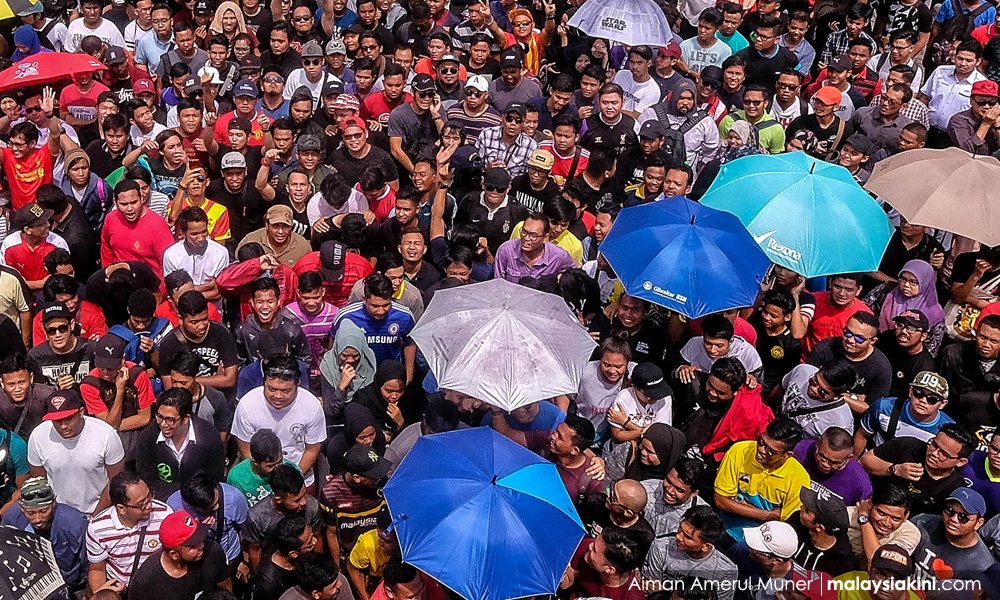
COMMENT | To wage war upon others, you dehumanise them. To enslave your own people, you call them lazy and create a structure of dependency.
To cure these two mental ills of the two colonisers, you deconstruct and destroy the myth. The once oppressed among us have become the oppressors. Brown skin, white masks. This is what I am writing about in the following passages.
Aren't politicians the laziest, profiting from the myth of the benevolent ruler? They get paid a lot, they fight too much, they don't attend well to the people's needs. They go missing, produce contradictory statements, and churn out propaganda to fool people. They beg for votes and when they win, they invite the latter to a beggar’s banquet.
To call a people ‘lazy’ is to legitimise a system of discipline, punishment and continual dependency – the politician's excretory rhetoric. Capitalism thrives by telling workers that they are lazy when they cannot produce as fast as the owners can profit.
Rebranding the myth
Consider how much the common person works these days, how many hours a day and on weekends, just to put food on the table in an economy plagued, plundered, and ravaged by those who called the natives ‘lazy’. How many jobs do people you know work these days before and after the 1MDB fiasco?
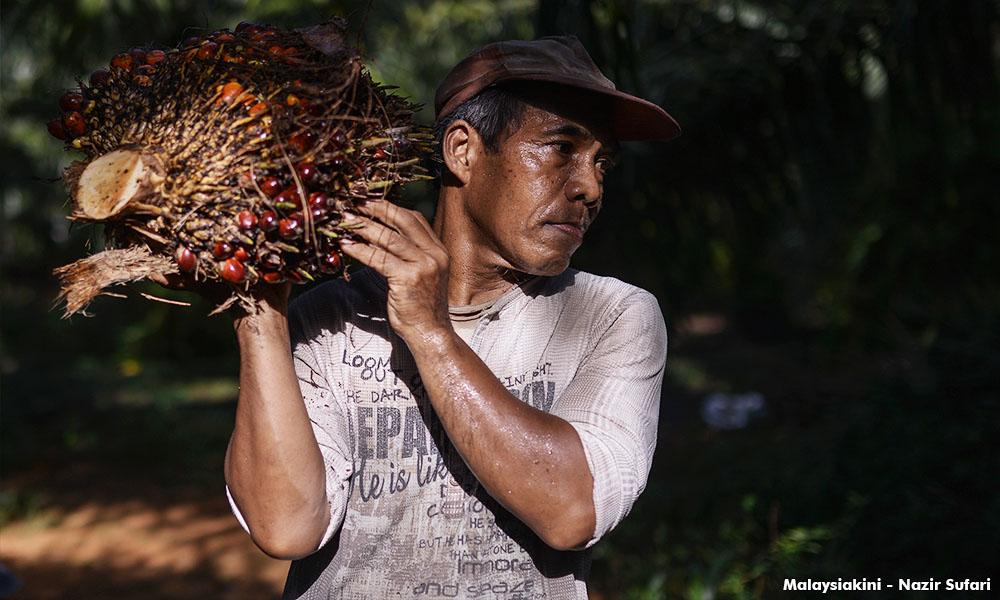
Malaysia is built upon the blood, sweat and tears of workers, farmers, share-croppers, Felda settlers, taxi drivers, petty traders, shopkeepers, and the working class whose culture the politicians say needs to be ‘changed’.
The myth of the lazy natives is now reproduced by the acquired ignorance of our leaders. What is the politics behind the continuing labelling? New Party. New Coalition. Same Excretion?
Billionaire-club Malays will often say Malays are lazy when they cannot enslave the Malays of blood, sweat, fears. “Sickos,” as Michael Moore would call them. That’s the worldview of the one percent. That’s their “mental habitus”, to borrow from Pierre Bourdieu.
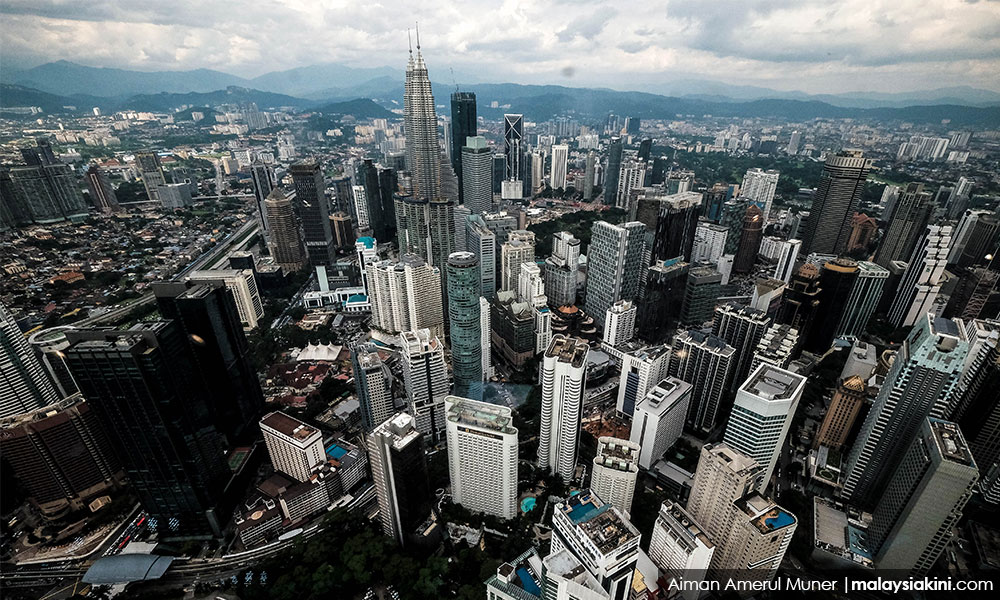
We continue to carry the wrong sunglasses of history, fogged by the haze of winner’s history. Who cares if Yap Ah Loy or Sutan Puasa ‘founded’ Kuala Lumpur? I want to know what happened to the natives. How were they chased out by these ‘founders’? Just like how Christopher Columbus was instrumental in killing 10,000 Arawak Indians in his quest to be baptised as the one who ‘discovered’ America.
I want our young generation to learn the people’s history of Malaysia. Teach not the history of glory of kingdoms, of fake kings, but the sufferings and successes of our ancestors. Family history first that runs parallel to the one’s personal history. Therein lies the core of human dignity as makers of history.
As Jean-Jacques Rousseau said, “Man is born free, yet everywhere he is in chains.”
Multiple truths
We must acknowledge that there are multiple truths to choose from, depending on one's cultural perception of what spirituality means. I read and taught the major scriptures to see the beauty of each, especially as cultural perspectives, and good, magical, fantastical stories written by scribes, collectively, from long ago.
I love Bible stories. And the Mahabharata, the Ramayana, the Analects of Confucius, the Tao Te Ching, the I Ching and even the Dianetics of the Church of Scientology. These contain their own truths, fanciful stories of creation, deconstruction, destruction. Religion and its scriptures rely on storytelling and the crafting of degrees of believability, sustainable enough to be passed down from one generation to another. We live in a universe of stories we love sharing with one another. The Bible and the Quran too serve such purposes. One truth, many paths.
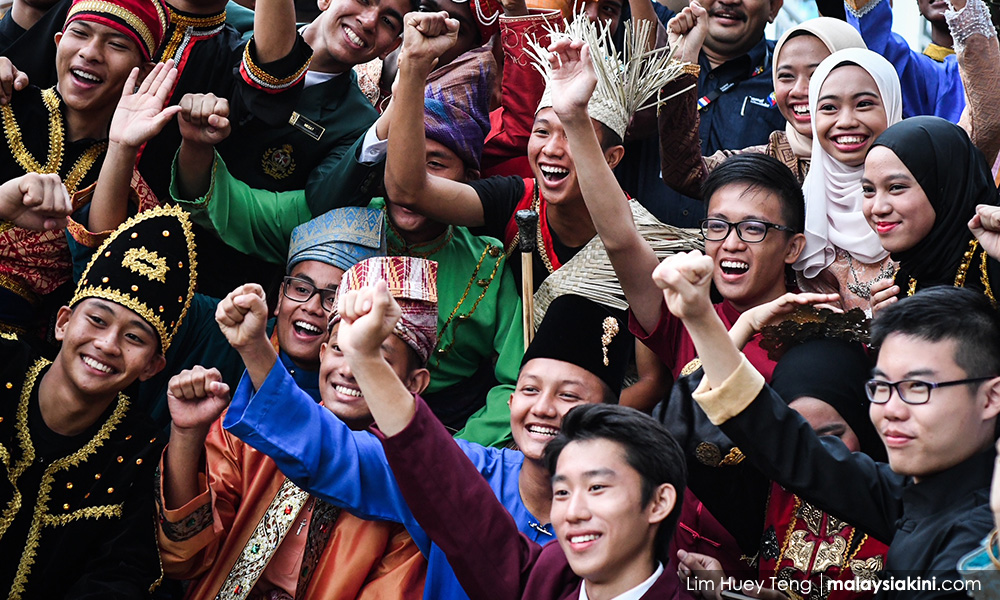
But what are we as Malaysians? Each of us a child of immigrants. Our place, this place we inhabit, is what Pramoedya Ananta Toer called “bumi manusia” or earth of mankind. Bumi Malaysia, where each race is a product of history, exploited by the colonial masters, in collaboration with the local rulers and chieftains.
Whether we were here as kampung folk, or we came as a band of kangchu and kangani, we are here, challenged to mediate our differences, to live as if civil war and genocide are words that do not exist in our vocabulary.
Orientalising to death
The British colonial policy of divide and rule, their conjuring up of the myth of the lazy native to describe Malayo-Polynesians, their construction of the other based on what was in it for them, their Conradesque narratives pounded into others ‘three-quarters as human’ as they are.
Peeking at the styles of other colonialists, we find similar themes of dehumanisation in the French ‘civilising mission', the defining of ‘Bangsa Indonesia’ by the Dutch, and the Spanish racial delineation in the Philippines. All these illustrate the craft of imperialism.
Knowledge is power, and in the use of policies based on the construction of otherness and the emphasis on differences for economic-exploitative goals – all historical ingenuity. The story of Malcolm X's return from pilgrimage in Mecca is, I think, a powerful narrative on the deconstruction of the matter and manner called race.
Back to who we now are, as peoples once enslaved. We are a model of civil dialogue. We seem to be doing well. We share a memory, a wonderful, yet equally challenging time we once had and lived gracefully. In poverty lies wealth, dignity, and ethics – this is what we learned from the post-Merdeka days.
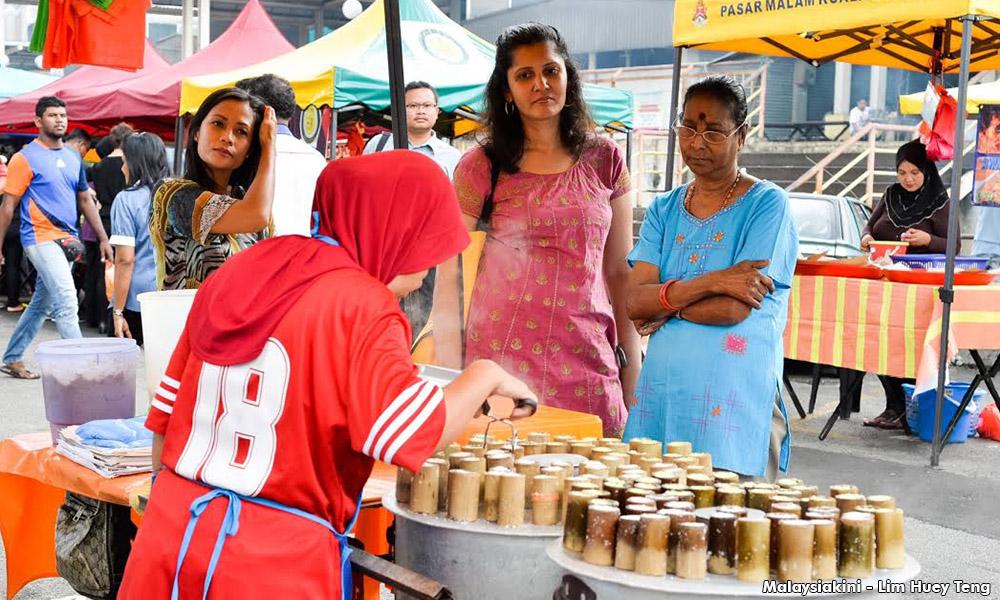
We had to do that for historical logic – we came in and out of the bloody riots of May 13, 1969 and the brutal process of decolonisation, though we were spared the full Pandora’s box of human madness over power, wealth and violence.
We Malaysians learned to live with each other and grow with the differences we were born with and into. Because we are human beings, essentially and within us lies cultural hybridity, of the elements of cultures of ‘otherness’ weaved into our psyche, philosophy of living, and our physicality. We love each other's food, fashion, and festivities. At the level of the masses we are good as a people of a relatively new nation.
But now we are facing a crisis of identity. A manufactured one. Today, identity has turned political – of the forbidden-ness and the halal-haram of things. Of fascist-type rallies fuelled by false sentiments of race and religion. Those uber-rallies that will soon lose their pomp and be seen as a genre of weekly pageants of irrationality.
The first mistake
Wherein lies the mistake of our cultural evolution? Education, I’d say. In this enterprise of “drawing out, of human potentials” lies that gentle profession the politicians have emboldened with the lava of racial prejudice and the myth of the limited economic pie.
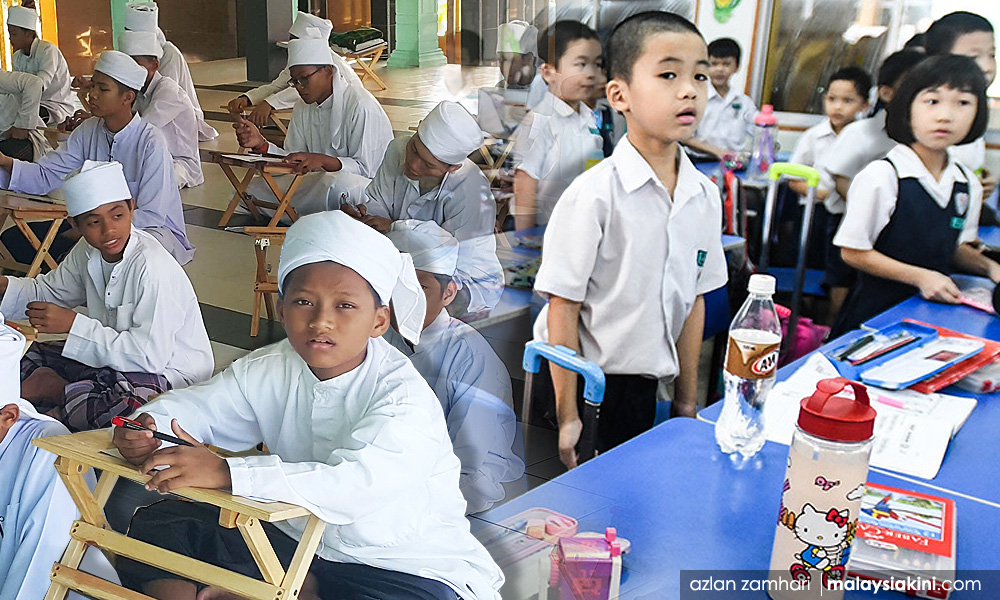
Is there hope? We must begin with the amber, of what's glimmering and what's promising, but we cannot twist the arms of politicians if their bodies are wrapped with the straitjacket of wealth and power made out of that lava of latter-day-capitalism, insisting that the only way forward is to traverse the path suggested by Niccolo Machiavelli and Sun Tzu.
Maintain power by whatever means necessary, use deceit, use strategies to outdo the enemy, kill if you must, play with numbers, make statistics lie even better, and go to war with each other perpetually. Use education as a tool of apartheid, mental oppression, so that we may produce more myths, while the rich watch the numbers go up and down in the ticker-tape of the stock exchange. The ‘standards and poor’, where global poverty is the gold standard of the one percent of the new imperialists.
What do we actually want? Today the myth is recreated, reconstructed, and rebranded, as if we are living in an amnesiac society, ruled by leaders who are plagued with selective dementia.
It does not make sense to turn our politics and policy-making into a ghoulish carnival of the living dead, the ghosts of yesteryear being perpetually resurrected and used to instil fear in a new generation of Malaysians of each other – as if they must be forced to carry the burden of Malaysia’s violent episodes of history, crafted by the powers that want to maintain hegemony and the master-slave narrative.
That is what is happening now and, since independence, and the purposeful reluctance of accepting sane and logical solutions to our racial and religious ailments – like the debates over the United Examination Certificate (UEC), all-Malay elite boarding schools, proliferating tahfiz schools, English-language instruction, and the ketuanan educational-philosophical orientation.
We all want the best for our society, especially for the young ones struggling to make sense of the world. It is their future we are entrusted to craft. Hence, educational visioning must be undertaken as soon as a new government takes shape.
Leadership needs philosophy, process, innovation, and management of change, as we know. It needs empathy in the case of educational leadership, so that we may not discriminate and turn this gentle profession of educating into a hidden system of apartheid. This is what I see happening here. Continuation of unclear vision and the rabid hanging on to racial and religious dogma.
We have a lot to gain if we understand education for mental liberation in all its complexity in a multiracial society. One avenue to begin our restructuring is to learn from the diaspora who have seen what education looks like in diverse settings, and why advanced countries continue to advance and outlaw racial discrimination.
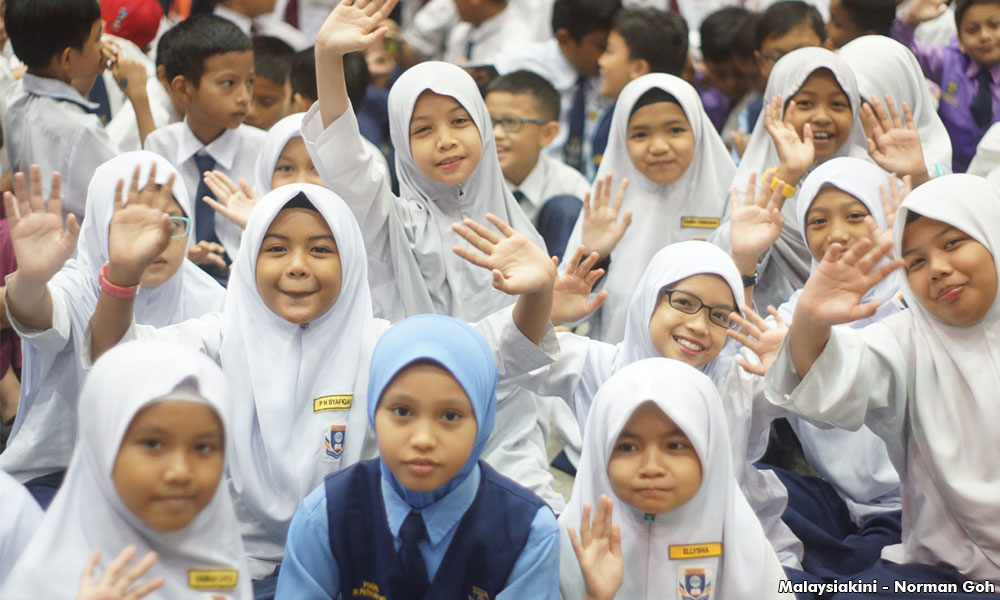
We should stop believing and supporting politicians who wish to continue to divide us through their rhetoric. We must wage an ideological yet dialogical battle with those who still call this and that race ‘lazy’, ‘greedy’, and ‘dirty’, and all kinds of demeaning and derogatory representations of these peoples’ pride and dignity.
These are the politicians who thrive on wealth, wilfully blind to the fact that poverty cuts across race and religious lines, that extremism is in all religions, and that the future generations need not be punished with the sins of their fathers and be made to feel helpless and hopeless with all kinds of unkind misrepresentation.
We must, especially through our educational philosophical and pedagogical design, shape a more peaceful, productive, and collaborative future amongst the races. So that we will not produce more amnesic politicians who will continue to sing us more lullabies about the ‘lazy, greedy, and dirty’ natives.
We have a lot to work on to achieve the goals of the political rhetoric of ‘Vision 2020’. But first, we must educate for peace, progress, and prosperity that “makes the many, one, and the one many".
It must begin with a grand design of our educational future. A truly Malaysia future. No child left behind. Just look into the eyes of the children of Malaysians on their very first day of school. Do they tell us what discrimination means and will turn them into? Will they be in chains, when they are born free?
Have a safe 2019 fellow Malaysians!
AZLY RAHMAN is an educator, academic, international columnist, and author of seven books available here. He grew up in Johor Bahru and holds a Columbia University doctorate in international education development and Master’s degrees in six areas: education, international affairs, peace studies communication, fiction and non-fiction writing. Twitter @azlyrahman. More writings here.

(2).jpg)
No comments:
Post a Comment